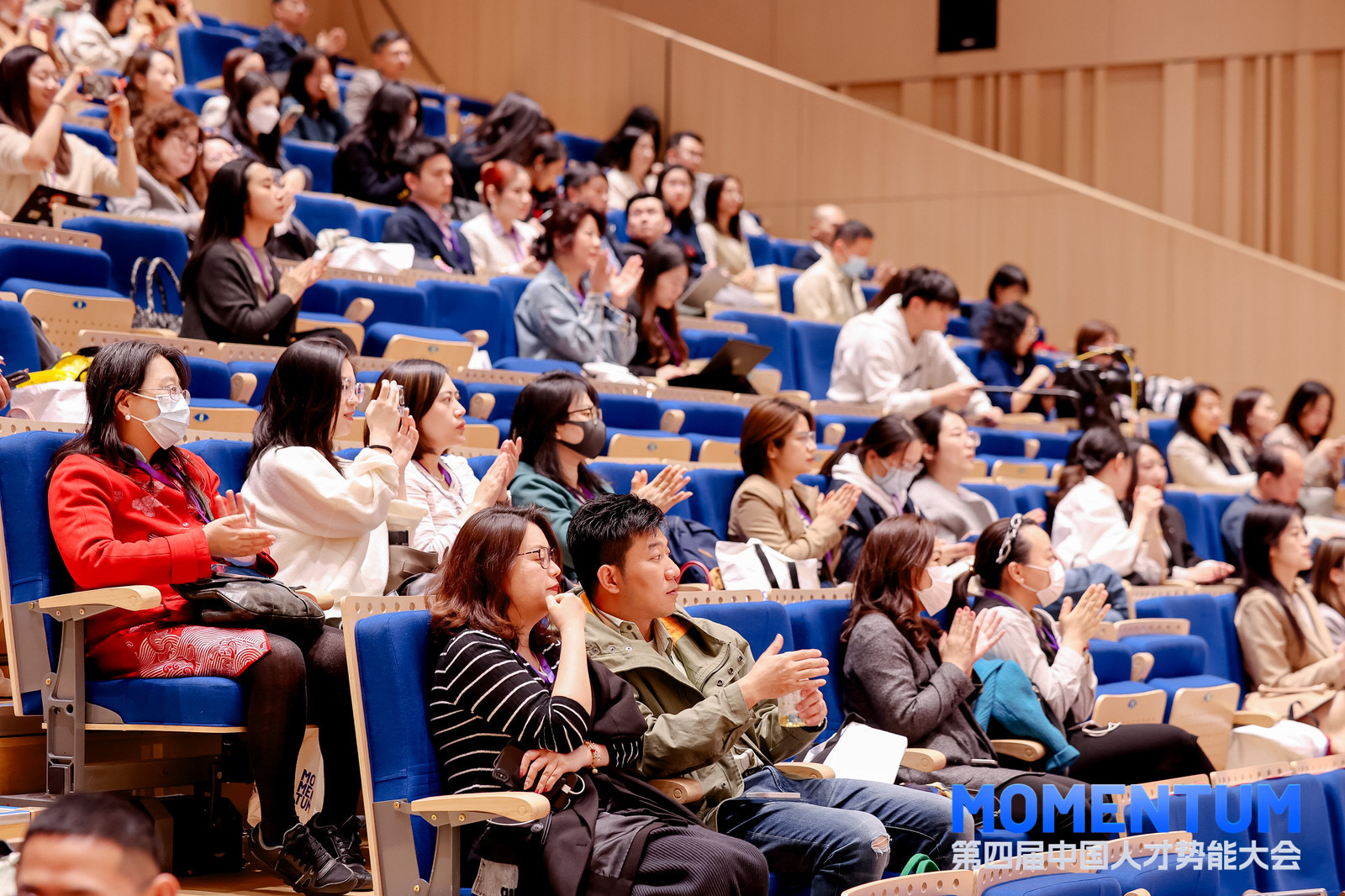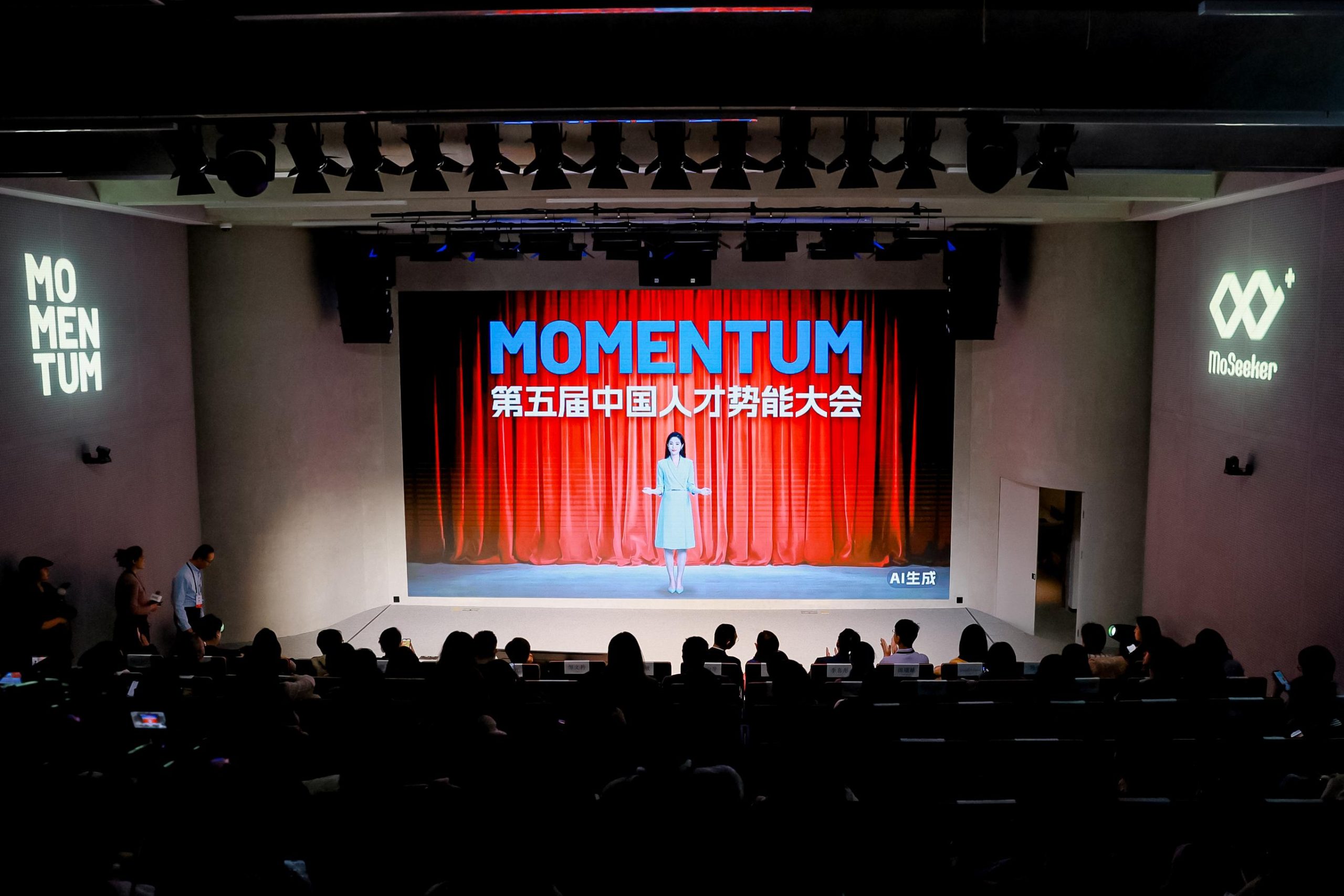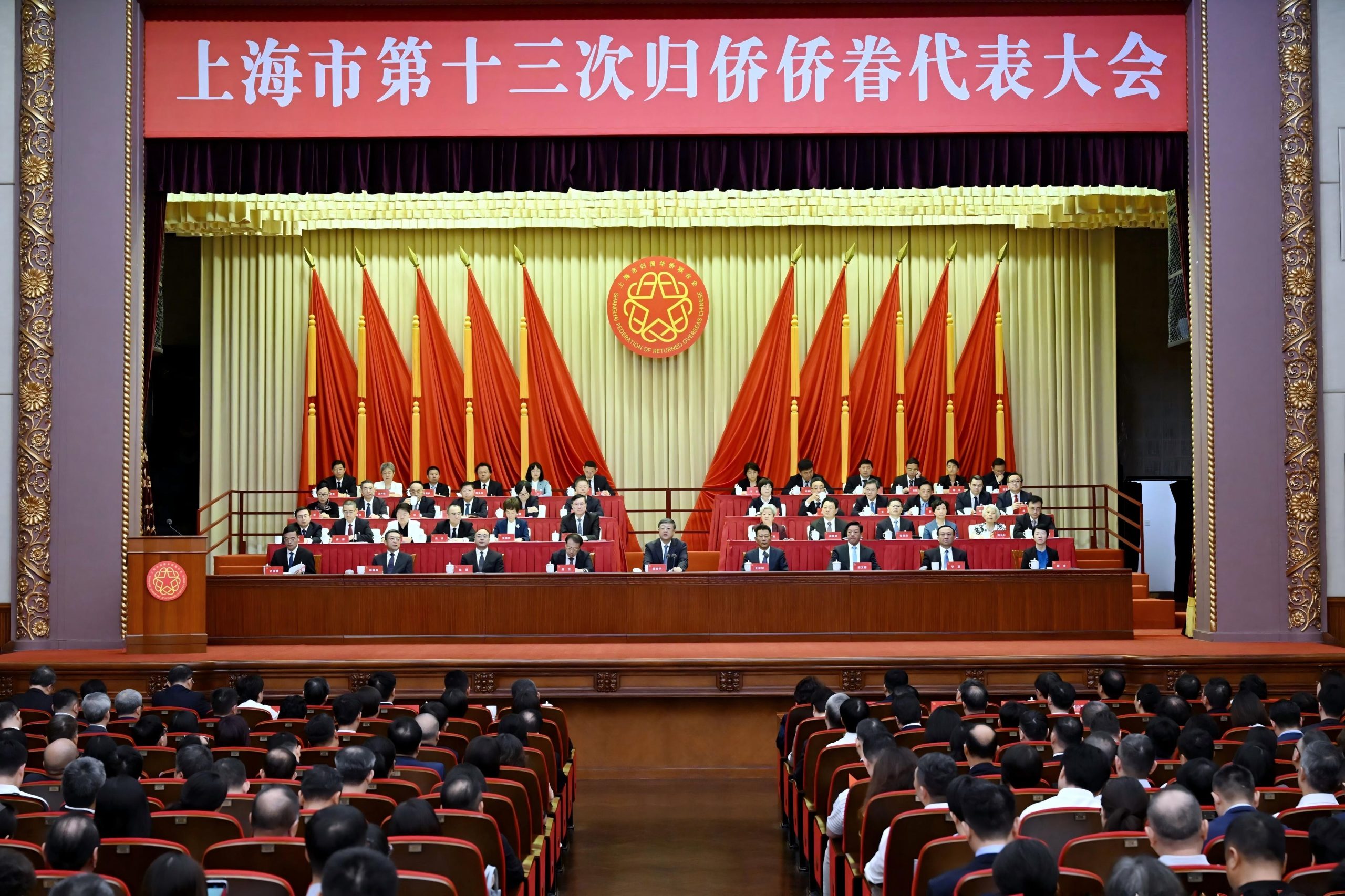With the emergence of new technologies, tools, and models, the digital and intelligent transformation of the human resources industry is accelerating. Profound changes are taking place across all stages—from talent outreach and recruitment to talent pooling. Recently, the “MOMENTUM 4th China Talent Potential Conference and MoSeeker 10th Anniversary Celebration,” hosted by MoSeeker, brought together leading HR professionals from various industries to focus on these transformations and delve into how frontier technologies and innovative thinking can enhance core capabilities in recruitment, data compliance, ESG, employer branding, and talent ecosystem development, driving organizations toward a more efficient and agile future.

The event was grandly held at the “Model Speed Space” in Shanghai, with attendees from over a hundred leading global companies and universities, including BMO Financial Group, Novartis, Infineon, Sonova, Ingersoll Rand, NYU Shanghai, and Pierre Fabre.
The appearance of an AI host added a cutting-edge technological flair to the event. Throughout the full-day agenda, numerous guest speakers offered insightful presentations, lively discussions, and valuable exchanges.
Mr. Zhu Qingyang, Secretary-General of the Shanghai Talent Service Industry Association, delivered the opening address, stating: “The human resources service industry is a rising global sector. In Shanghai, it has been designated by the Municipal Party Committee and government as a key industry for development. As a high-end service within modern services, its importance is irreplaceable, regardless of its future trajectory. Digital empowerment will remain essential.”
Mr. Wang Xiangdao, Founder and CEO of MoSeeker, reflected on the milestones MoSeeker has achieved over its ten-year growth journey and provided a detailed introduction to its mature, refined recruitment solutions. These solutions empower the full recruitment process—including invitations, interviews, candidate matching, and onboarding—supporting large-scale recruitment both on the front lines and for campus hiring. He emphasized, “In 2014, MoSeeker pioneered the concept of recruitment through WeChat, leading the market. MoSeeker leverages AI for rapid talent screening and classification, building intelligent talent pools for companies. Now, in 2024, as MoSeeker marks its tenth anniversary, we hope to continue innovating and thriving in the recruitment ecosystem!”
Mr. Dai Kebin, Founder and CEO of Liepin, delivered a keynote speech titled “Talent Evaluation in the Age of AI,” clearly and concisely explaining the new AI-driven interview paradigm. Drawing on authoritative industry theories, classic models, and practical interview experience, and combining these with AI technology, he demonstrated how both job seekers and recruiters benefit from a more efficient and convenient interview process. He shared, “AI interviews enable precise talent identification and efficient operations, making the time and space of the interview process more flexible and tailored to individual user needs.” Only those who truly understand interviews can master AI-based interviewing.

Ms. Wei Guo, Executive HR Director at NYU Shanghai, showcased the innovative digital lifecycle management practices of HR in higher education institutions. She emphasized that digitalization not only empowers global talent recruitment, but also requires diverse approaches to promote sustainable talent development. She noted, “From the perspective of talent acquisition, organizations must create environments that support both work and life, foster multicultural integration, strengthen collaboration and shared prosperity, and provide efficient management scenarios for employees, while further leveraging digital tools to advance global recruitment.”
Ms. Violey, Senior Director HRM China at Sonova, focused on employer value propositions that boost talent attraction and retention. She stated that influence and appeal are at the heart of employer branding initiatives: “Companies need to promote employee development and enhance wellbeing and engagement within a diverse and inclusive workplace. Technology should support talent attraction and retention, offering flexible working methods that promote healthy work-life balance.” A meaningful corporate vision can capture candidates’ attention, inspire their sense of purpose, drive retention, engagement, and deeper involvement—ultimately achieving win-win outcomes for both employees and employers.
Ms. Vivian, Chief Human Resources Officer, Asia Pacific at BMO Financial Group, provided a thorough analysis of the vital role of psychological safety and trust in boosting organizational performance. She highlighted that a positive sense of psychological safety enables us to be more efficient and successful at work, bringing significant benefits to companies. According to research, if a company doubles its psychological safety index from the typical 30% to 60%, productivity can rise by 12%, turnover rates can drop by 27%, and workplace accidents can decrease by 40%. Conversely, a lack of psychological safety among employees can result in costly consequences for organizations.
Gery, HRVP AP Region at Ingersoll Rand, gave the audience a detailed look into the values and responsibilities of an exceptional employer. Such companies are committed to providing employees with superior work experiences and career development plans while respecting their individual career aspirations and needs for personalized growth. When recruiting candidates, they fully implement a culture of diversity and inclusion and place emphasis on nurturing female leadership.
Three compelling roundtable discussions in the afternoon delivered powerful insights that deeply inspired attendees. The first roundtable, in light of increasingly stringent personal information protection regulations, explored how companies can respond. Guests expressed their views and shared solutions on topics such as information compliance challenges, best practices in data security, principles of minimal data collection, and employee training.
The second roundtable used AI as an entry point to discuss the rapid evolution of technology and the current status and vast possibilities of AI in recruitment. Panelists shared perspectives on AI implementation strategies, candidate experience, cross-cultural recruitment, and privacy protection.
The third roundtable focused on new trends in campus recruitment during periods of hiring slowdown. Participants engaged in lively discussions about current challenges, the new generation of talent, employment gaps, and models of university-business collaboration.
In addition, the MOMENTUM Conference presented five major awards, including the China Mobile Social Recruitment Potential Award, China Artificial Intelligence Recruitment Potential Award, China Employer Brand Potential Award, Human Resources Management Excellence Achievement Award, and Human Resources Excellence Team Award, recognizing individuals, teams, and companies that have achieved excellence in the field of recruitment.
Written by: Zhang Tianchi
Editor: Zhou Yuan
Chief Editor: Rong Bing
Original Report



